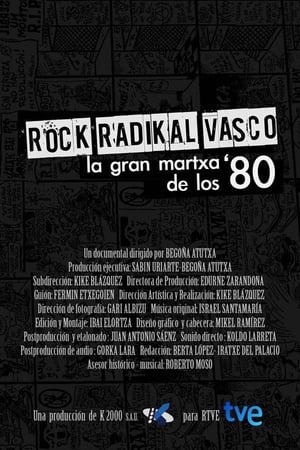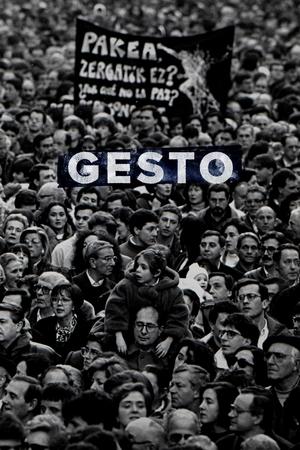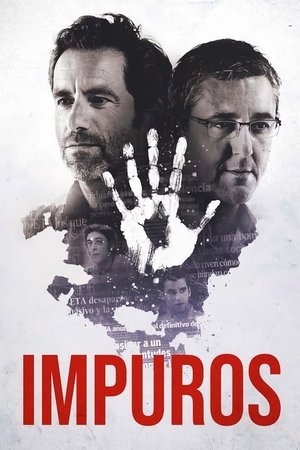
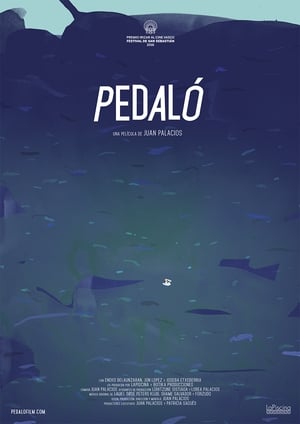
Pedaló(2016)
A young filmmaker travels back home to Basque Country to follow three friends on a surreal nautical voyage. Riding a second-hand paddle boat, they pedal over 150km along the entire Basque coast from Hendaia (French Basque Country) to Bilbao in an attempt to rediscover their country's shoreline. However, as a paddle boat is not made for the rough Basque sea, things don't go as planned. The journey becomes a delirium with unforeseen accidents, folkloric parties, hangovers, a shaman, a funeral... Documenting the expedition of these 'sailors' on his own, the filmmaker finds himself on a parallel inner journey.
Movie: Pedaló
Top 3 Billed Cast

Pedaló
HomePage
Overview
A young filmmaker travels back home to Basque Country to follow three friends on a surreal nautical voyage. Riding a second-hand paddle boat, they pedal over 150km along the entire Basque coast from Hendaia (French Basque Country) to Bilbao in an attempt to rediscover their country's shoreline. However, as a paddle boat is not made for the rough Basque sea, things don't go as planned. The journey becomes a delirium with unforeseen accidents, folkloric parties, hangovers, a shaman, a funeral... Documenting the expedition of these 'sailors' on his own, the filmmaker finds himself on a parallel inner journey.
Release Date
2016-09-16
Average
0
Rating:
0.0 startsTagline
Genres
Languages:
euskeraEspañolKeywords
Similar Movies
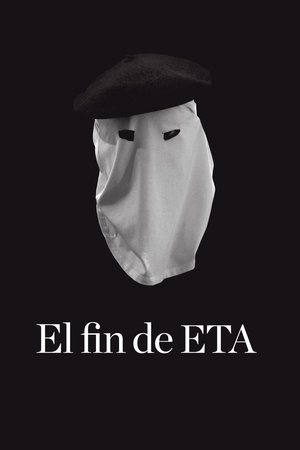 5.9
5.9The Demise of ETA(es)
The chronicle of the process, ten long years, that led to the end of ETA (Euskadi Ta Askatasuna), a Basque terrorist gang that perpetrated robberies, kidnappings and murders in Spain and the French Basque Country for more than fifty years. Almost 1,000 people died, but others are still alive to tell the story of how the nightmare finally ended.
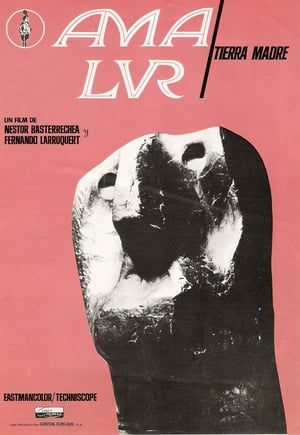 6.0
6.0Mother Earth(eu)
'Ama Lur' is a documentary, directed by Nestor Basterretxea and Fernando Larruquert, that premiered in San Sebastián in 1968, and it is considered the foundation of Basque cinema.
 6.0
6.0The Basque Ball: Skin Against Stone(es)
An attempt to create a bridge between the different political positions that coexist, sometimes violently, in the Basque Country, in northern Spain.
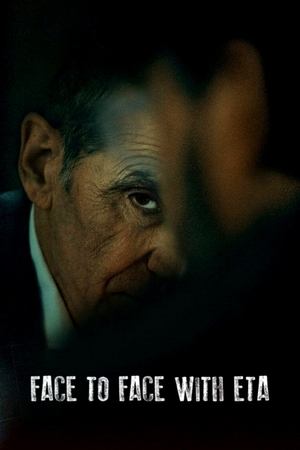 7.0
7.0Face to Face with ETA: Conversations with a Terrorist(es)
An in-depth interview with José Antonio Urrutikoetxea, known as Josu Ternera, one of the most relevant leaders of the terrorist gang ETA.
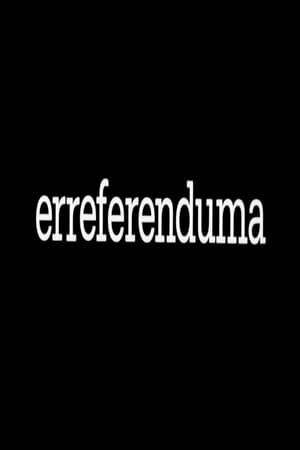 0.0
0.0Erreferenduma(eu)
Pilot chapter of the film series 'Ikuska', a compilation of shorts on the Basque Country’s culture and politics. A documentary about the referendum on the Spanish constitution.
 0.0
0.0Exergo(eu)
Departing from peripheral details of some paintings of the Bilbao Fine Arts Museum, a female narrator unravels several stories related to the economic, social and psychological conditions of past and current artists.
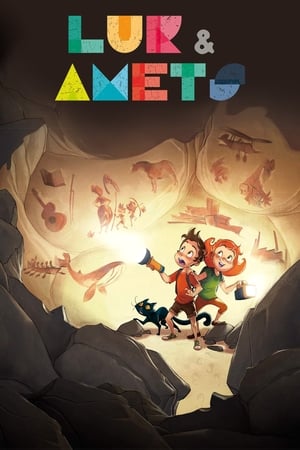 5.3
5.3Lur & Amets(eu)
Lur and Amets’ parents have to go to a wedding this weekend. For this reason, they leave the twins at Grandma Andere’s. However, it’s not going to be a conventional weekend thanks to her magic powers and her cat Baltaxar. They will set out on an unforgettable journey travelling to different eras and having new adventures throughout the history of the Basque Country. Although they are the main characters of every story, Andere and Baltaxar will help them. Unfortunately, two evil men will always be hot on their heels.
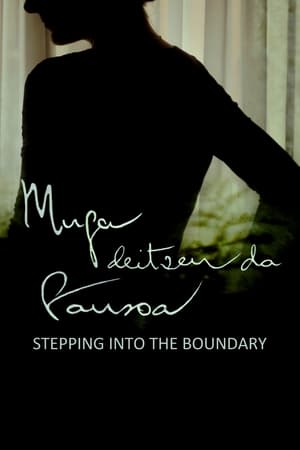 0.0
0.0Stepping Into the Boundary(eu)
Donostia-San Sebastián, Basque Country, Spain, 2011. Maider, a filmmaker, moves to the very same flat where pedadogist Elbira Zipitria Irastorza (1906-1982) clandestinely established the first ikastola, a Basque school, under the harsh regime of dictator Francisco Franco. Despite of her pioneering work, developed throughout thirty years, her story is not well known, so Maider, intrigued, begins to research…
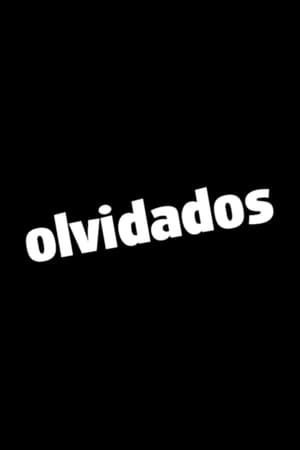 0.0
0.0Olvidados(es)
The relatives of the victims of the terrorist gang ETA speak of their suffering, their fear, their loneliness; of the systematic oblivion to which they are subjected by Basque society, both by those who remain silent and look the other way and by those who, accomplices of the criminals, share their repugnant ideology and celebrate extortion, kidnapping and murder, thus contributing to perpetuating a bloody reign of terror.
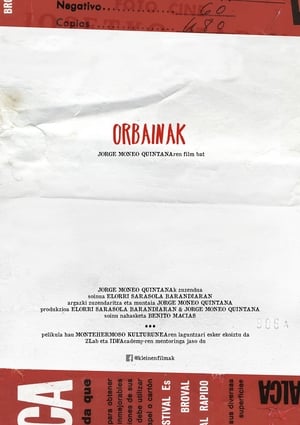 10.0
10.0The Scars(eu)
The personal stories lived by the Uncle, the Father and the Son, respectively, form a tragic experience that is drawn along a line in time. This line is comparable to a crease in the pages of the family album, but also to a crack in the walls of the paternal house. It resembles the open wound created when drilling into a mountain, but also a scar in the collective imaginary of a society, where the idea of salvation finds its tragic destiny in the political struggle. What is at the end of that line? Will old war songs be enough to circumvent that destiny?
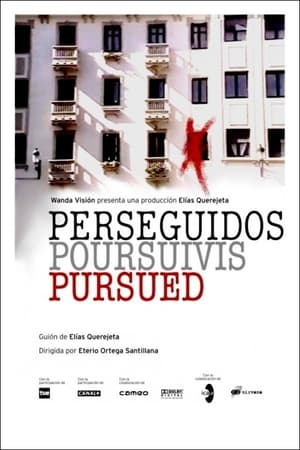 0.0
0.0Pursued(es)
Basque Country, Spain. No one seems to know them. Some glances avoid theirs. Their social circle becomes smaller and smaller. They live under escort, watched by those who protect them and by those who threaten them: it is the experience of living in the shadow of ETA, a savage terrorist gang of unscrupulous criminals… of merely existing under the yoke of those who tomorrow could be their executioners.
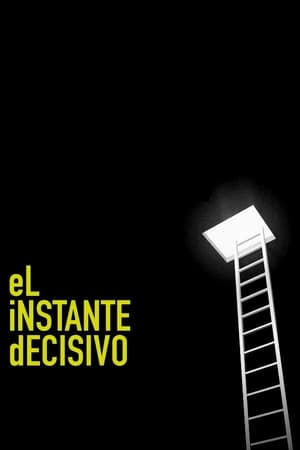 2.0
2.0El instante decisivo(es)
Spain, 1997. The story of twelve days in July during which Basque society left indifference and fear behind and faced the threat of the terrorist group ETA.
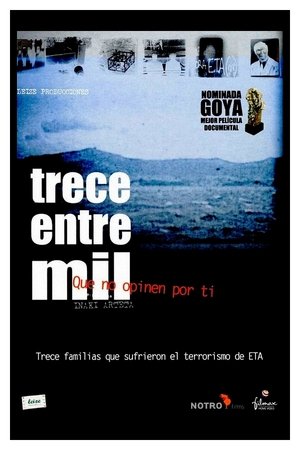 6.5
6.5Trece entre mil(es)
The abject crimes of the terrorist gang ETA have marked the lives of many Spaniards; men, women and children who were silenced, harassed, persecuted, finally murdered. Thirteen stories, thirteen tragedies, just thirteen among thousands.
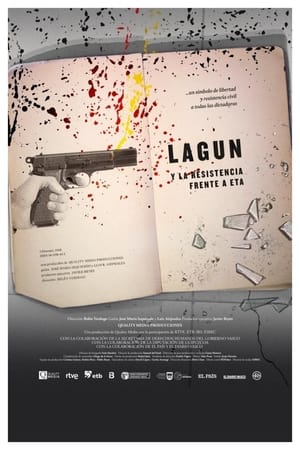 0.0
0.0Lagun and the Resistance Against ETA(es)
The turbulent story of the Lagun bookstore — located in San Sebastián, in the Basque Country, Spain — is a powerful tale of courage, resistance and struggle; first against the Franco dictatorship, then against the terrorist gang ETA and its numerous and sinister acolytes.
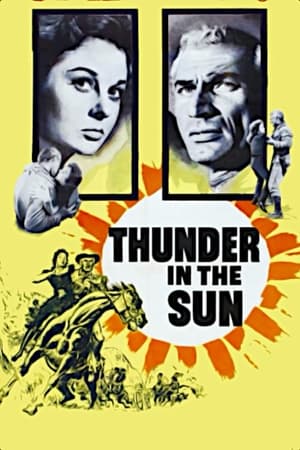 6.0
6.0Thunder in the Sun(en)
A band of Basque immigrants treks through the Old West toward California, where they hope to put down roots and open wineries. When the group's leader dies, his widow Gabrielle marries his brother in accordance with Basque tradition. But it's a loveless union; Gabrielle is smitten with Lon Bennett, the scout who's been hired to guide them on their journey.
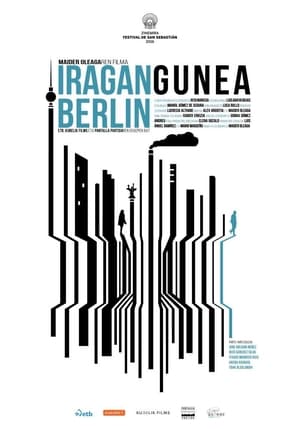 0.0
0.0Iragan gunea Berlin(eu)
'Iragan gunea Berlin' follows five people from different origins as they move anonymously around the streets of Berlin. Each of them with another life somewhere else, trying to ascertain where to go.

